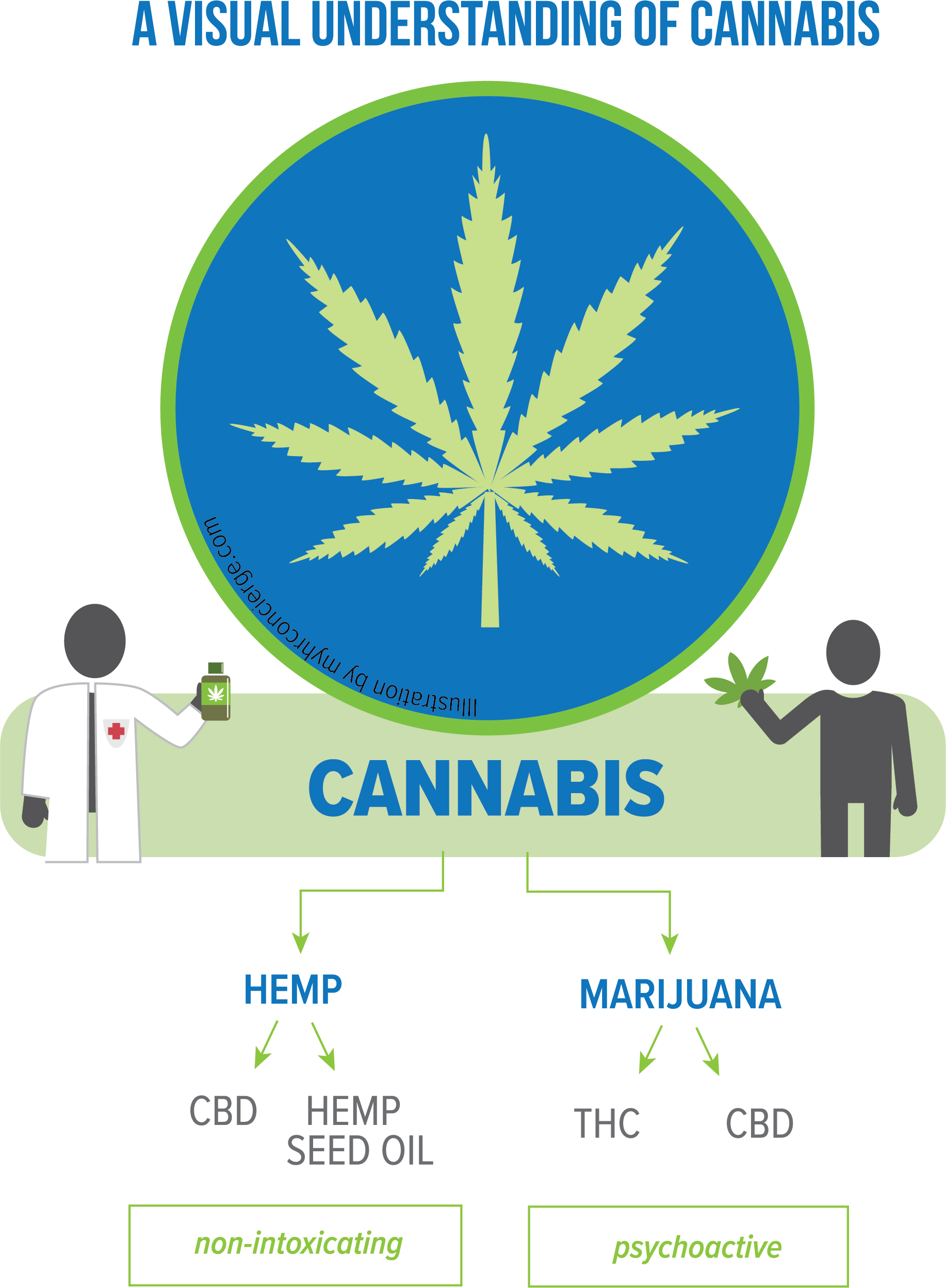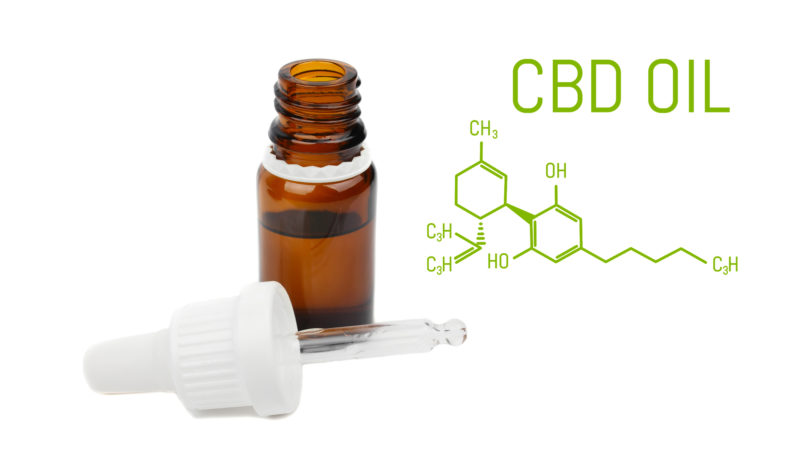To CBD or not to CBD at work…that is the question.
Last Updated on October 21, 2019
The Tangled HR Web Surrounding CBD at Work
HR is ever-changing, and knowing the details of how the legalization of marijuana affects employers is a hot topic. As we explore this topic, it is important to understand the difference between marijuana, hemp, and CBD.
The Difference Between Marijuana, Hemp, and CBD
Marijuana and Hemp are generic terms used to classify versions of Cannabis by the amount of THC they contain. Hemp contains less than .3% THC, while Marijuana contains more than 0.3% THC (and often up to 30% THC). THC creates a mind-altering “high” when a person smokes it or uses it in cooking. This is because THC breaks down when we apply heat and introduce it into the body.
This helpful infographic can help to explain the breakdown of CBD, Hemp and THC:

In 2018 Congress passed the Farm Bill, which removed industrial hemp from the Schedule 1 drugs list. This gave farmers a green light to grow hemp more freely, and legalized CBD products to be shipped in the U.S.
CBD is a cannabinoid that is obtained from Cannabis. The legality of the CBD in many states is determined by the whether it is obtained from Hemp or Marijuana. CBD does not appear to produce significant changes in the body, and some research suggests that it has medical benefits. It does not change a person’s state of mind when they use it.
Are Marijuana and CBD legal?
According to Federal Law, Marijuana is Illegal, however, has been legalized in certain (22) states and partially legalized in other (27) states. Some states are passing laws related to medical marijuana, which still conflicts with the fact that it is still Illegal by Federal Law.
Protect Your Work and Employees by Being Aware of Changing Laws
With the current conflict between state, federal, and municipal law, it’s more important than ever to stay abreast of current updates on this ever-changing topic.
Drug Testing Changes
Drug Testing Programs are having to look even harder into federal laws, and be aware of the new laws for states, as well as municipalities. For example, effective May 10, 2020 New York City has banned marijuana testing of job applicants and Maine has protections for off-duty recreational use. We have also seen many state courts begin to lean to the employee’s side as it pertains to marijuana usage.
CBD Oil Usage
CBD Usage is the new frenzy and growing in an abundance as a billion-dollar industry ($22 billion by the year 2022). There is no filter on the usage of this new science in the media.
Medically and holistically, CBD oils are used for various reasons, such as to help with sleep, anxiety, wound healing and even managing inflammation, which has led to the retail boom. Many top doctors and Hemp Farmers are endorsing this new trend and say it’s just the beginning.
At this time, employers have the choice to eliminate usage during the work hours if they choose. Be sure to look at state and municipal laws to determine what you can and cannot do.
Review Your Drug Testing Policies to Stay Compliant
What are some ways to keep your workplace safe? Have your drug testing policies reviewed by an attorney to ensure they are compliant with your state and municipality’s laws. Within your handbook guidelines, explore eliminating use during working hours.
For questions about CBD use or more information on drug testing or current workplace HR topics contact Chris Cooley to learn more. Call 855-538-6947 ext. 108 or email ccooley@myhrconcierge.

